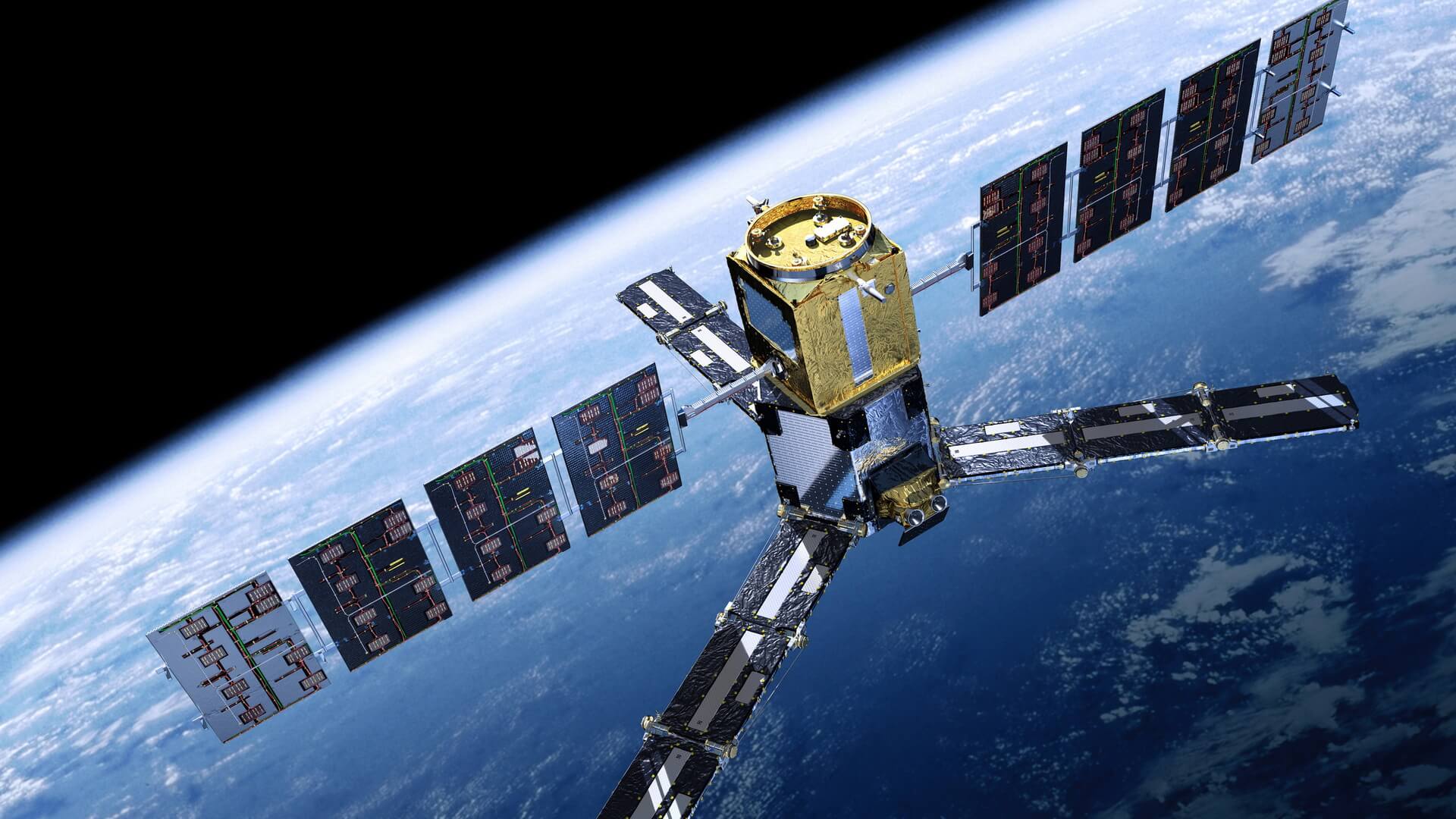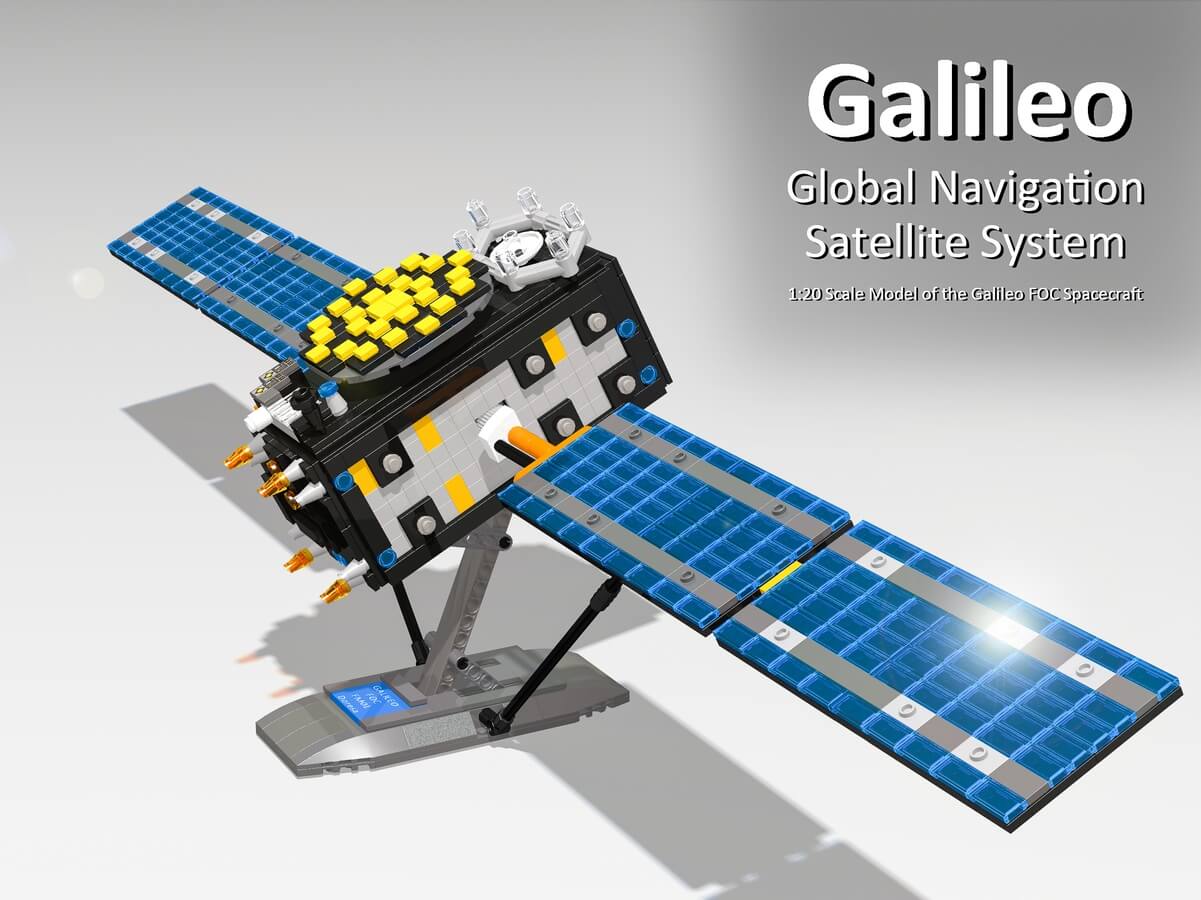A hot potato: The Brexit clock is ticking away while the UK tries to figure out how it will deal with potentially losing access to Galileo, the EU's version of GPS. Even though the general public will still have navigation abilities through the satellite network, highly accurate signals required for military use will be restricted.

As Britain continues negotiations to finalize its exit from the European Union, the small details are pointing to massive amounts of work. This time, the UK has learned that it will not have access to the EU's 10 billion euro "Galileo" satellite network being used as a highly accurate alternative to GPS.
Finance minister Philip Hammond has issued approval for 100 million pounds to be spent on investigating the creation of a new satellite network to service the UK. Although consumer-grade positioning capabilities are available worldwide from the United States, Russia, and now the EU, the most accurate position data runs through encrypted channels and is only available to militaries.
Standard positioning data is only accurate to within several feet. In many cases, a 10-foot radius is the best available estimate of your exact location. For navigation and routing of vehicles, this is accurate enough. Military grade systems have been shown to pinpoint locations within mere inches of a target to ensure that weapons land precisely.

Britain has now been excluded from future work deemed sensitive in nature on the Galileo project by the European Commission. Galileo originally started in 2003 and is set for completion by 2020.
It is believed that it will cost Britain approximately 3 billion pounds to build a comparable system. Should Britain actually go through with building its own satellite network, it will demand 1 billion pounds back from the EU for the work it has contributed to Galileo.
The UK has until March 29, 2019 at 11pm local time to work out any remaining disputes with the EU. At that time, the British will officially leave the European Union.
https://www.techspot.com/news/76145-uk-looking-build-own-version-gps-upon-exit.html